Teaching with Compassion
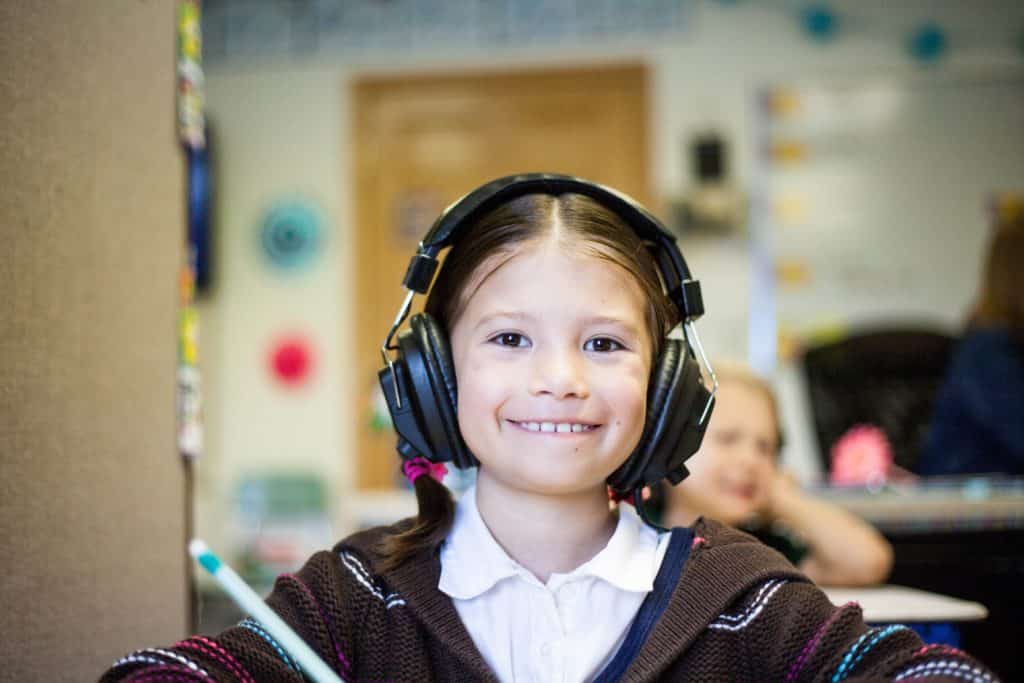
Uncertainty Breeds Opportunity
Although we are currently experiencing something new with Covid 19, we are also on familiar territory. That familiar territory is a place we know well.
It’s called a ‘place of uncertainty’.
Understandably, there is a lot of talk about ‘unprecedented times’ and of course, the circumstances we find ourselves in are staggeringly unfamiliar. But what is not unfamiliar is the unknown itself. Every day, we negotiate what is known to us and what is unknown. If we are lucky we are able to grow our knowledge through the work we do or through our friendships and relationships. Letting go of the familiar and stepping into what is not yet known is part of what drives our growth and often our pleasure in life.
Some years ago, I was lucky enough to study the emotional aspects of learning and teaching. I was teaching full time in an English secondary school and constantly mystified by the twists and turns of the sometimes exciting but often volatile relationship between me and my students. I emerged from 6 years psychology training with a double Maters degree and some really useful insights that I applied to my preaching practice. I now teach these same insights to teachers and leaders in Education.
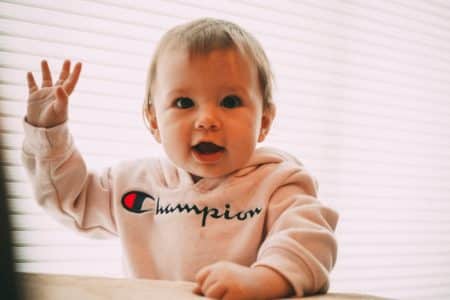
Hardwired to Learn!
The most significant piece of learning was that we are hardwired to learn. In fact, we are learning machines! For example, we are all scanning our environment all the time, checking levels of danger and threat. This is a mental process going on in ‘the background’ at all times. If levels of threat are perceived to be high, we will act to mitigate them. That might be as simple as checking the source of a loud noise to running away from an angry wasp! We use this ‘checks and balances’ interaction with our environment as a learning tool. And it’s a tool that is always switched on.
As social animals we are configured to share, to find friends, to fall in love, to group together. In order to do this, we need to take time and effort to learn about others. To ‘discover’ what we might have in common. In our relationships with others we hope to learn more about ourselves.
Similarly, we are configured to find nourishment. This might be in the form of food but also takes the form of other things that catch our interest and that we partake of or try out or take a ‘taster session’ of. We often talk about being ‘fulfilled’ by our work or ‘empty’ at the end of a day. We are naturally curious about new experiences even if we are not brave enough or curious enough to get stuck in to them.
And all of this discovery is predicated on a sense that is familiar to us all; the feeling that we do not yet ‘know’. In one way, every day may seem the same. The structures of work or school or relationships follow similar patterns but isn’t that only because we often feel ‘unstructured’ within them? Indeed, it could be argued that it is the shifting sands of our internal world that drives us to build external certainty.
So, yes, these are uncertain times but uncertainty itself is something we know very well. It is our natural state after all.
The point is not that we are uncertain but what we will do with the uncertainty because uncertainty demands action.
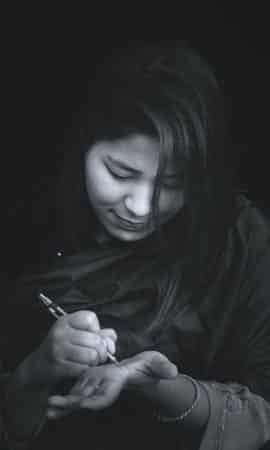
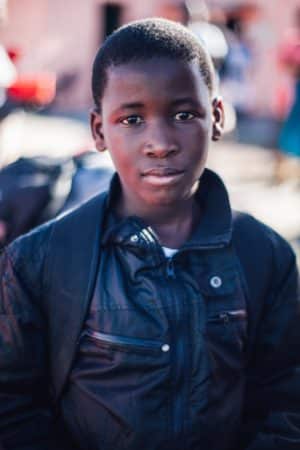
It’s time to think clearly
We might bring certain psychological defences to our aid to deal with our uncertainty. For example, we might deny that we are uncertain. Like the pupil in your classroom who decides he knows best and does the task you have set his way, no matter what you might advise. Or the leader who doesn’t consult with staff and just makes decisions on what he believes they want and need before asking them. It’s the ‘do now, think later’ mentality that refuses to face the perceived difficulty of the task and just denies that there’s a problem. Or it’s the defender that blames others in so far as resolving the situation is nothing to do with him. ‘They’ have the problem, let ‘them’ sort it out. Or the defence that pushes us into regression; the feeling of not be able or equipped to deal with the problem. As though we are helpless children waiting for the grown up to come along and pick us up and sort it all out for us.
What is called for currently, is the management of the uncertainty as much as the management of the problem. They are not mutually exclusive, more they are mutually dependent. The phrase ‘these unprecendented times’, in this context may be useful in describing the size of the task ahead but it is not helpful when it comes to acting to solve the problem. It is the equivalent of a shrug of the shoulders. It suggests that the times are so ‘unprecedented’ that no one knows what to do next. It implies a childish hope that someone will come along and sort it out for us. A form of regression perhaps.
Kindness, safety and clarity – what every student and teacher needs now
In this context, can our drive to feel safe, to be treated kindly and connect with others and to be sated and fed help with the shifting uncertainty of Covid19?
As teachers, school leaders and pupils contemplate a return to classrooms, this triumvirate of human needs might be a useful framework within which to plan next steps.
- Our innate desire for warmth, connection and kindness is key. How might this play out in those first days and weeks of school? For starters, we might begin by staff and students acknowledging their shared experience. Assemblies and tutor times where stories are shared illustrated by photographs or other momentoes could all help bring this shared experience alive. Of course, teachers need to be interested in these stories. Time needs to be made for them. In turn they could tell your own stories. Time will need to be taken to grieve – both the loss of opportunity for those who didn’t get to take exams and more personally, for those who may have lost family friends and relatives. Staff too need to be allowed time and space to share their stories. And of course, celebrate. Celebrate being together, celebrate resilience, celebrate resourcefulness, celebrate courage and celebrate difference.
- Reducing uncertainty will lower anxiety. It may seem to may that the world of others is not a safe one and safety will be a key provision for both staff and students when schools return. So, if you are leading, try to be clear about what will happen when. Be clear about what you need to do. Be clear with the children about routines, procedures, exams. Underline the need for structures. Discussions should be open and honest. Share knowledge. Take charge. Reassure.
- In the context of a learning environment, the learning is the equivalent of the ‘food’. How the learning is prepared and served will be key to how it is enjoyed. Students will come back to school ‘hungry’. They will want answers, they will want to express ideas and points of view. They will want to express emotions. So, be ready with a feast of learning! Answer questions about C19 openly and honestly. Allow research and discussions. Frame discussions. Have helplines, particular personnel, produce fact sheets. Encourage a project or projects about pupils experience. See all sides. Include all viewpoints. Take time. Don’t tell children what they should be thinking or feeling and as momentous as C19 has been, remember that there are other subjects and a whole world of other knowledge waiting to be known.

Teach and Learn with Compassion
In the past weeks and months, there has been a visibly shift in the way we think about school and education. The lack of exams for older years and its ‘rites of passage’ narrative along with the lack of school structures and routine learning for others has highlighted the pastoral and psychological role of school and of teachers in a way like never before.
Clearly school is not just a place where children go to be loaded up with intellectual knowledge. It is a place where they go to find themselves. It is a place that is not home where they make relationships with adults who are not their parents. It is place where they find meaning, not just about maths or English but about themselves, their identity and their ability to cope and thrive. This psychological/pastoral role of school will be called upon more than ever in the coming weeks and months and hopefully it will never again be forgotten.
Too often our defences, the parts of us that want to dispel uncertainty, get in the way of the vulnerability we need that helps us to ‘find out’. Lack of knowledge makes us dependent and dependency can be uncomfortable. But, if we are to find out what is best to do next, we may first need to accept that vulnerability.
As for the uncertainty? We all know about that. That’s how we learn, that’s how we grow, that’s what makes life engaging.
Humans are incredibly resourceful creatures, driven to share and connect, to love and look after one another and it is this quality that is always our saving grace. Perhaps it’s time to acknowledge that we are all vulnerable and that it is this vulnerability that will help us know what to do next.



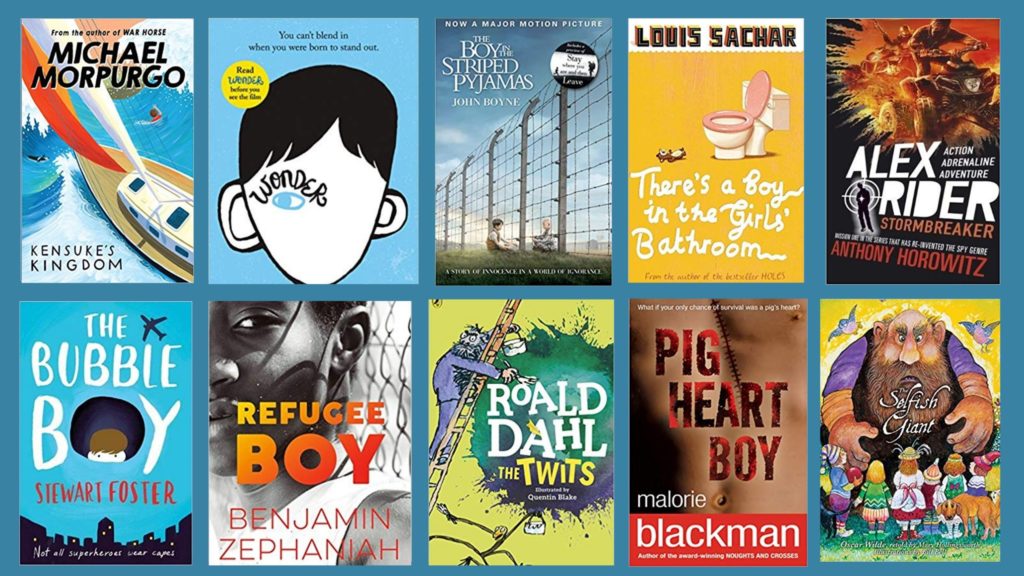


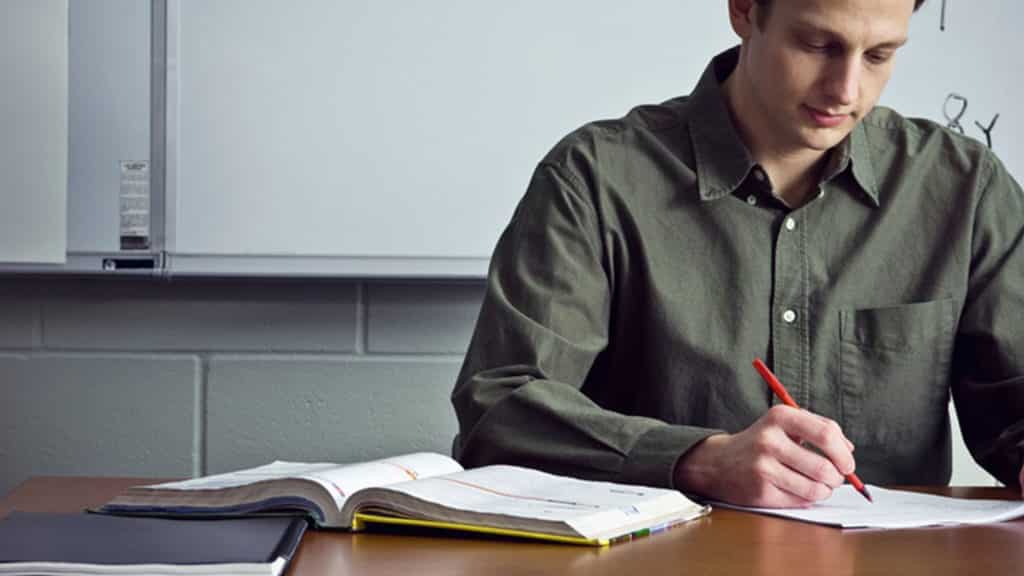
Responses